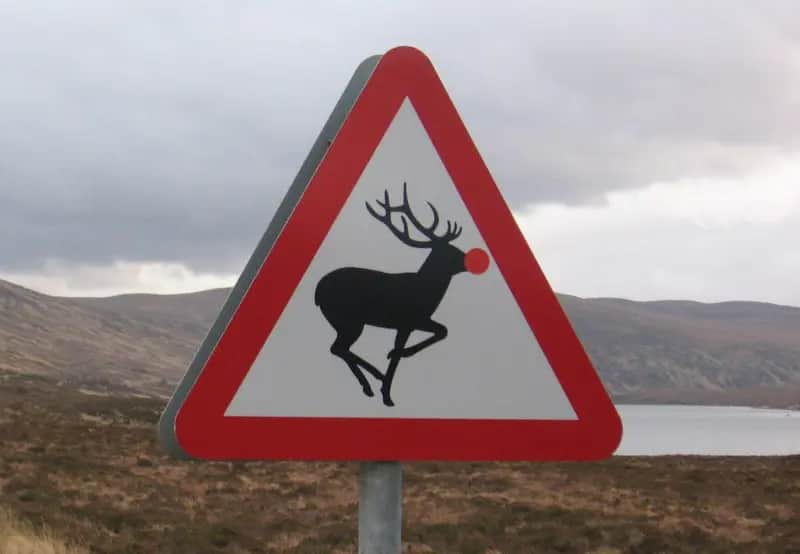MOUNTAIN TRAGEDY CAN BE JUST ONE CARELESS SECOND AWAY

DEADLY SLOPE: The steep snow slope on Buachaille Etive Beag, foreground, where one walker almost lost control of her descent

BARRIER: Deep snow on ridge
I REMEMBER watching helplessly as a friend slipped coming down a hill and then went into an uncontrolled and seemingly unstoppable descent.
She wasn't on a sheer rock face or a knife-edge arete - it was a simple grassy slope. But she lost her footing on the muddy steps and started bouncing down on her backside, gaining momentum.
Two of us were further down and heard the initial laughter. As we turned to look at the commotion we realised she couldn't see there was a crag just feet away to her right. It was so sudden that we couldn't do a thing except watch. A matter of seconds, but it seemed to go on for minutes, a slow-motion horror show.
If she had continued to gather pace, she could have been badly injured. Luckily, she managed to stop just in time. And when she and the rest of the party above saw the potential for disaster that had been narrowly averted the laughter gave way to some tears.
It all seemed so innocuous. But then so many mountain accidents tend to start that way. A serious accident often conjures up images of huge falls from towering peaks, ropes and axes and crampons swinging and ice ledges collapsing. The reality is often more mundane, so ordinary.
I thought of that incident on Sgurr nan Ceannaichean again when I was in Glen Coe last week. I was walking up Stob Dubh, the main peak of Buachaille Etive Beag. It's a steep ascent at times, but in summer conditions there's no real problem.
However, there were still some huge banks of snow to cross, and the path was buried in places. There were several sets of footprints going up one section as if everyone had chosen their own carefully, not trusting to follow where others had gone.
When I neared the top of this stretch I met a young couple. We stopped to chat, then the guy started heading down on the clearer ground to the left. The girl, however, decided she would sit down and slide over the steep snow field.
Bum slides are fine when you have an ice axe to use for a brake. She didn't. Before I could say that this might not be a good idea, she had taken off.
She picked up speed quickly and about halfway down she realised she was having trouble stopping. Her squeals of delight suddenly turned to those of panic. If her boots hadn't then caught in the snow and slowed her, she might have continued to hurtle down uncontrollably.
She may have escaped unscathed. She may have hit the rocks at the bottom of the run and ended up with a broken bone or two. A few feet over to the right and she could have gone right over the edge of the slope and plunged hundreds of feet down the mountain face.
I've lost two friends in mountain accidents; most people who are out regularly will have known someone who has lost their life. You can have a lifetime of experience and take every precaution but it's often the simplest thing that undoes you.
Like the guy who was walking along the ridge with a friend, heard him say "Shit" and then turned to see he had gone. It's thought his crampons had snagged on his trousers and thrown him off balance and over the edge. No warning, no chance to do anything.
Death isn't usually grand or heroic or complicated as portrayed in films like The Final Destination. It sneaks up on you, taking advantage of a moment's carelessness, a lapse in concentration, a second's hesitation. The blink of an eye - that's all it takes.

